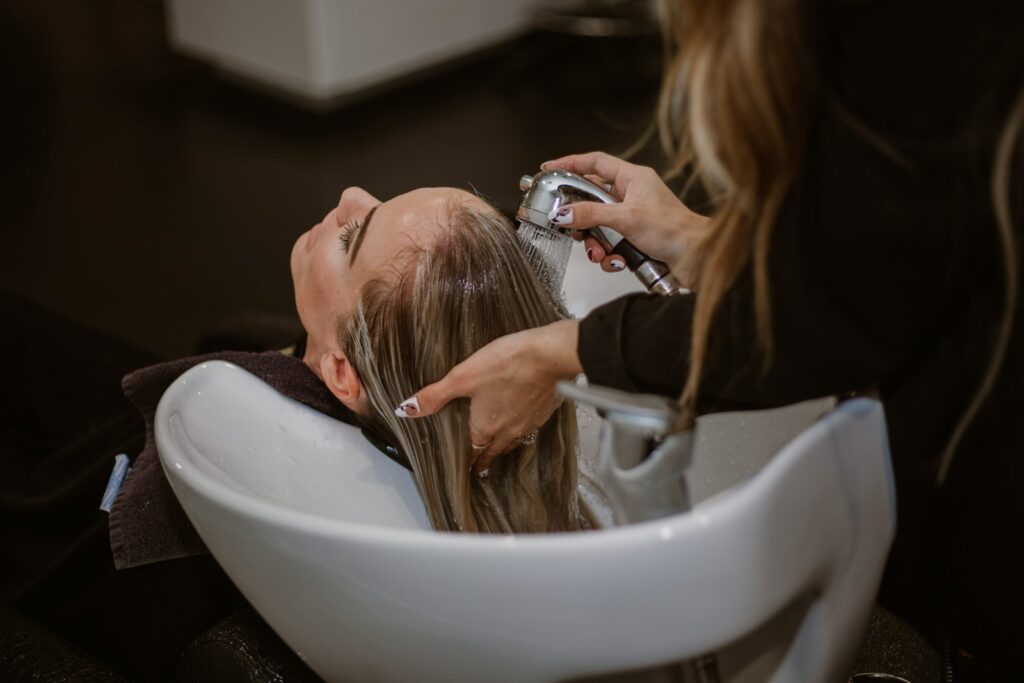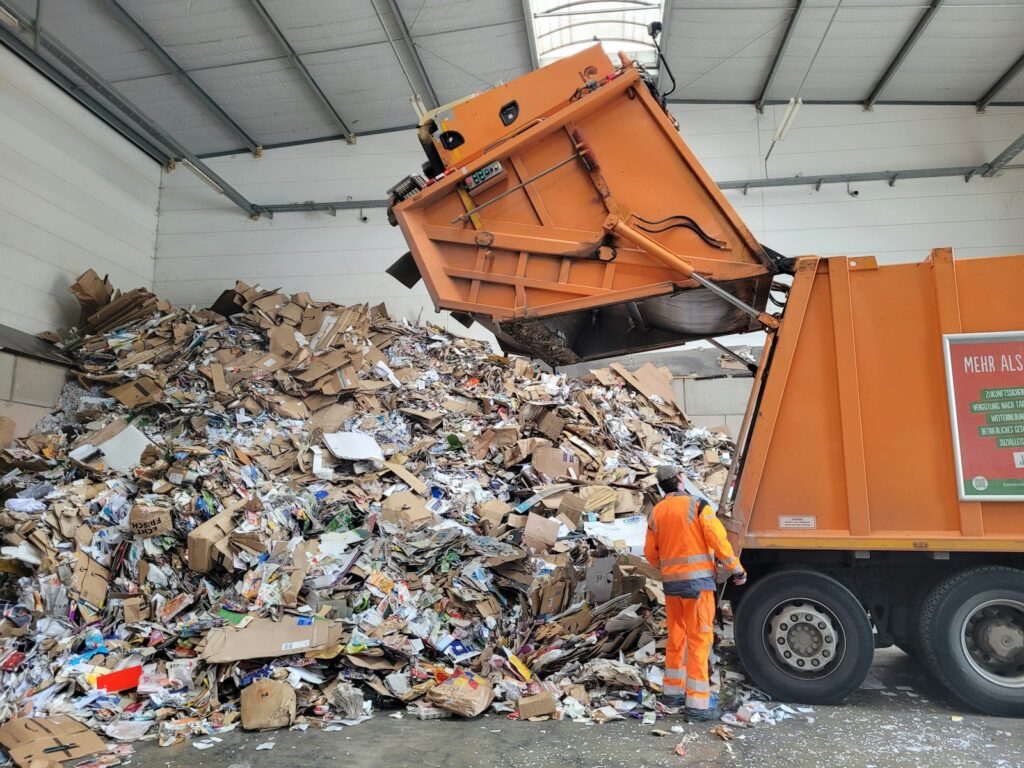Plans to stop the sale of plastic-based wipes in a bid to curb England’s water pollution problem are a step in the right direction. But more confident strides are necessary.
In recent months, Environment Journal has reported extensively on the state of British water, which is reaching crisis point.
Not only are the country’s rivers, lakes and marine areas plummeting in ecological ranking, but the infrastructure people rely on to ensure they have a clean and reliable supply is under increasing pressure and crumbling. Hence a House of Lords Committee report recently criticising the industry and government for failing to keep up with maintenance while focusing on profits and cheap rates.
Now, Environment Secretary Therese Coffey has unveiled plans to tackle one of the more talked about contributors to the network’s woes; plastic-based wet wipes. A consultation is now underway ahead of the proposal becoming law next year, although this would only apply to England.
According to Water UK, which represents the sector, these items cause 93% of sewer blockages and, over time, create so-called ‘fatbergs’ – essentially a large mound of many wipes that have congealed to form a mass too dense and large for water to pass through.
‘Water companies spend billions of pounds every year improving water and sewerage services in this country. But our sewers are just not designed to handle these new wipes which clog up the system,’ said Rae Stewart, Water UK’s Director of Corporate Affairs. ‘It’s clear that something needs to change.’
The move comes after a public consultation in 2021, which itself followed a 2018 announcement from Downing Street of the intention to ‘end plastic waste’. Although the proposal specifically targets just one type, plastic-based wipes actually account for 90% of all those available on the British market.
While the move has been welcomed, the response has been lukewarm. While a new law would unarguably have a positive impact on some of the most populated areas of the UK, in Scotland a separate consultation has so far led to inaction, and Wales has also failed to implement a ban on plastic wipes.
Meanwhile, as reported by Baby magazine, parents have already been speaking out about the proposal, including suggestions of issuing fines for anyone disposing of wipes through the sewage system. accentuating just how much people rely on the items for childcare. Elsewhere, concerns have been raised that simply targeting wipes does not go far enough in terms of the UK’s plastic and water pollution problem.
Last year, housing developer Barratt London released data on the most common types of plastic and lightweight items currently washing up in the Thames. Food wrappers (20% of all waste in the river), cotton bud sticks (16%), cups (9%), bottle lids (8%) and take-away containers (8%) made up the top five.
‘The study brought to light the items that should not be residing in the Thames – that could have very easily been recycled instead,’ said Piotr Prazych, commercial director at Barratt West London. ‘We hope this new knowledge of how much waste is in the river will make a lot of people think twice about dumping rubbish into the Thames.’
Images: John Cameron (Top) / Barratt London (Bottom)

















